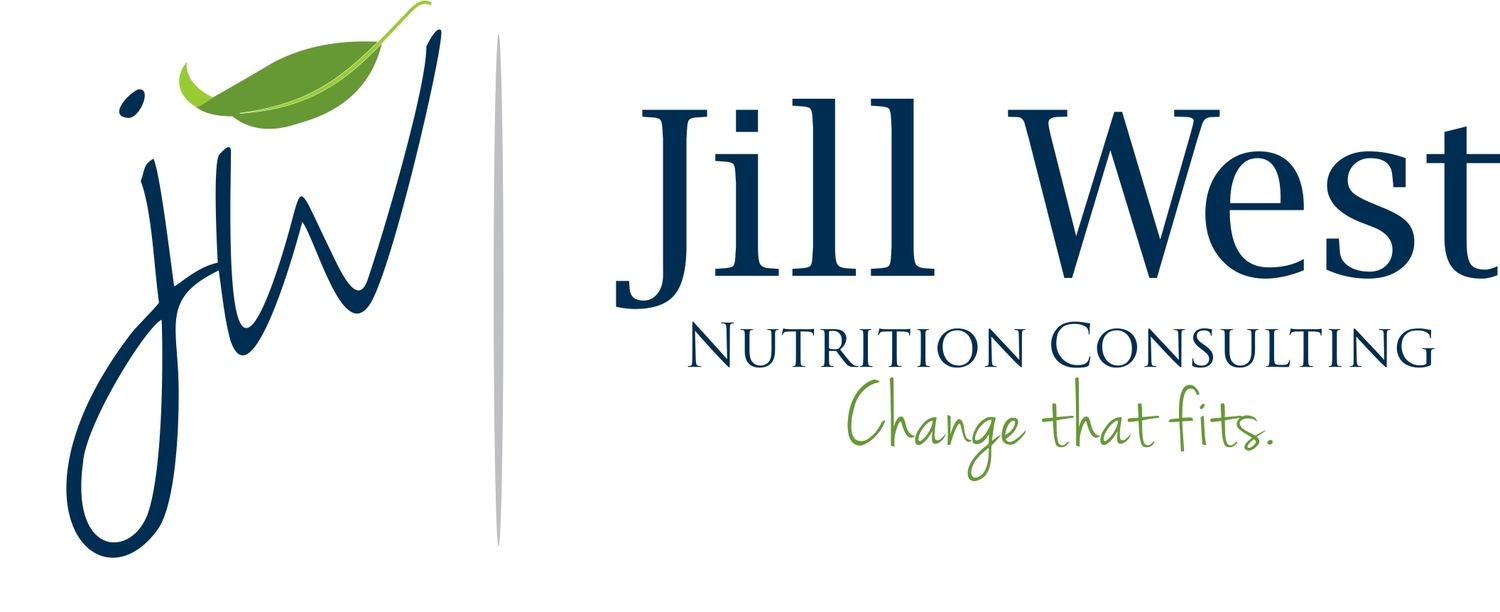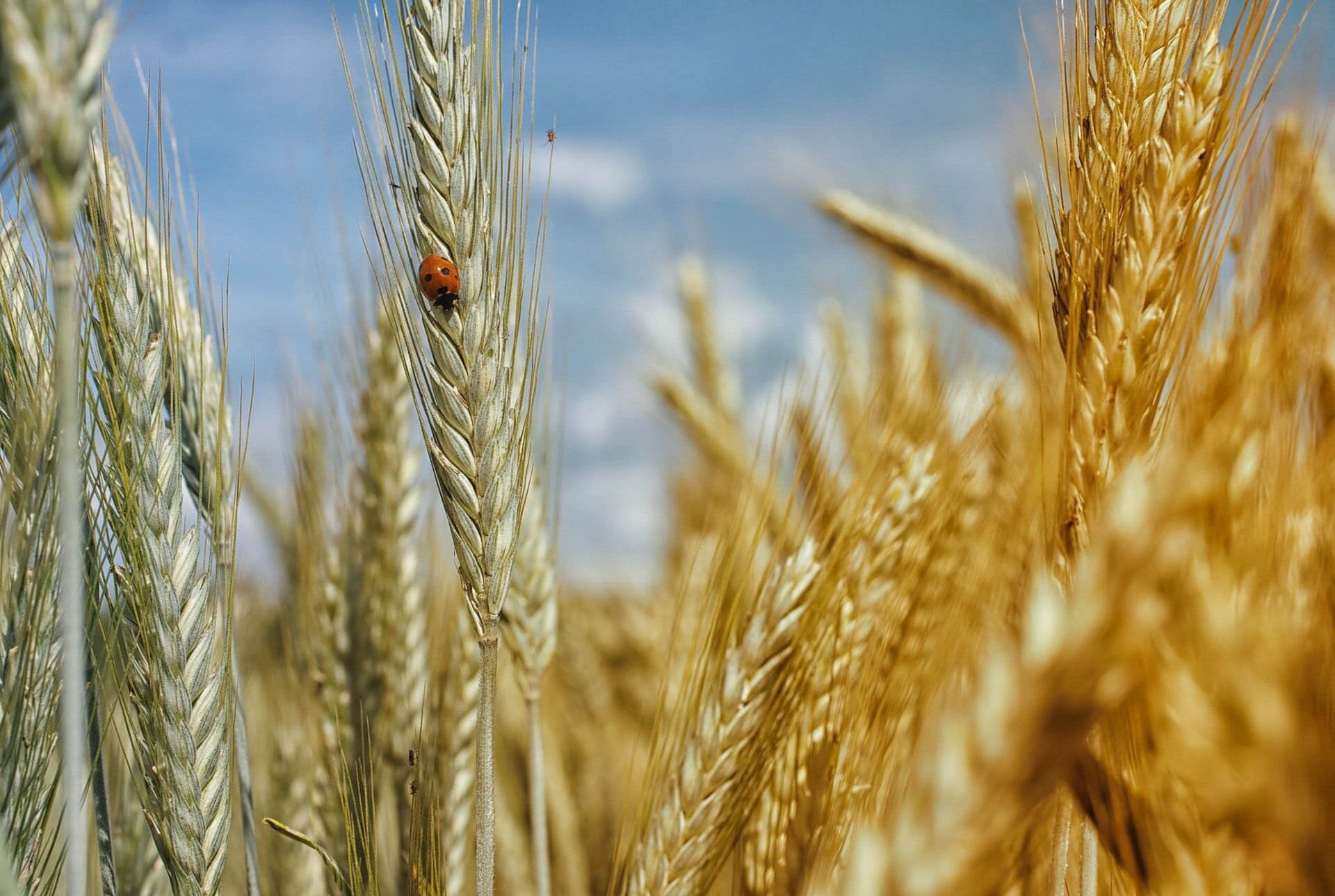4 Ways to Keep Bones Strong
/May is Osteoporosis Month, making it a great time to talk about bone health. Osteoporosis is a condition where bones become porous, brittle and weak. Bone is a living tissue that cycles through cells being broken down and replaced with new ones, but with osteoporosis bone is lost faster than it is or replaced. And as women go through menopause, bone loss increases dramatically as estrogen levels drop. Now for the good news: There are many things you can do each day to slow bone loss and keep bones strong.
#1: Get Plenty of Calcium & Vitamin D
Up to age 50 women need 1,000mg of calcium and 600IU of vitamin D (if your vitamin D levels are normal). After age 50, the Recommended Dietary Allowance (RDA) for calcium increases to 1,200mg and vitamin D recommendations stays the same until age 70 when it increases to 800IU per day.
The best source of calcium is dairy foods, especially milk because it has 5 really valuable nutrients – calcium, vitamin D, protein, magnesium and potassium – that work together to build and maintain strong bones. Other dairy foods, like yogurt and cheese, also have calcium, but oftentimes don’t have vitamin D and won’t have all 5 of the nutrients. They’re still healthy to choose and a good calcium choice.
Calcium for Strong Bones
For those of you who don’t tolerate dairy milk or prefer milk alternatives, beware that they’re not created equally. What I mean is the nutrition these milk alternatives offer can vary widely. For example, soy milk comes the closest to dairy milk in that it has the same amount of protein and is fortified with calcium and vitamin D, while rice milk, coconut milk, cashew milk and some almond milk typically have very little protein and may or may not be fortified with calcium and vitamin D. Some plant-based milks are now adding pea protein, so the bottom line is: check the Nutrition Facts label carefully. My recommendation to women is to make sure the “milk” you choose is fortified with at least 30% DV for calcium and 25% DV for vitamin D.
There are also other foods that have calcium, but this too gets a bit confusing and complicated. Many of these foods don’t have a lot of calcium and it’s much harder to absorb the calcium from plant foods, including spinach and broccoli. For example, you would have to eat 10 cups of spinach or 6 cups of broccoli to get the same amount of calcium in one cup of milk and your body wouldn’t use all of it. So the bottom line? If you don’t get 3 servings of dairy each day, consider talking with a registered dietitian or your doctor about taking a supplement to ensure your bones are getting the calcium and vitamin D needed to keep them strong and healthy.
Now a word about Vitamin D. It’s really important to get calcium and vitamin D together because the vitamin D helps your body absorb and use calcium. There are a few foods that contain vitamin D (salmon, tuna, trout, mushrooms, eggs and fortified milk and cereals), but amount of vitamin D isn’t very high, so most women benefit from taking a vitamin D supplement either combined in a calcium supplement or by itself. Again, check with a registered dietitian or your doctor to determine how much vitamin D is best for you.
#2: Include Foods Rich in Potassium, Magnesium, and Vitamin K.
Just like vitamin D, these nutrients are important because they help your body absorb and use calcium to build bone. Foods that contain these key nutrients are:
Dark Leafy greens, fruits, vegetables
· Fruits and vegetables: bananas, oranges, dark leafy greens, Brussel sprouts, broccoli
· Legumes: beans, peas, lentils
· Nut and seeds
· Whole grains
· Fish
#3: Be Active Daily.
Three types of exercise are important for keeping bones strong and doing a combination of all three is ideal.
· Weight-bearing exercises like jogging, brisk walking, hiking, tennis, golf, dancing and pickleball force muscles and bones to work against gravity, which stimulates bones to rebuild themselves and stay strong.
· Strength training activities like push-ups, yoga, lifting weights and stretch band exercises not only build muscle, but also make bones more dense or solid.
· Stretching exercises like yoga and tai chi are important for improving for maintaining flexibility, balance and coordination, which all help prevent falls and breaking bones.
A word of caution: If you’ve broken a bone because of osteoporosis or are at risk of breaking a bone, talk with your doctor or an experienced personal trainer to develop a routine that is safe for you. The good news is, you can start slowly and it’s never too late to start exercises to build bone and muscle strength.
#4: Limit Caffeine & Alcohol
Caffeine can decrease the amount of calcium the body absorbs, and alcohol can speed up bone loss, so the general recommendation is to limit coffee to 2 cups per day and alcohol to no more than one serving per day for women. If you drink other caffeinated beverages, such as soda, energy drinks or flavored coffee drinks, choose caffeine free options. And try substituting mocktails, flavored seltzer water or low sugar kombucha for alcoholic beverages.
These 4 strategies will keep you strong and walking tall for many years to come. Leave a comment with your tips and tricks to boost calcium and vitamin D, get more bone building exercise or cut down on caffeine and alcohol.















